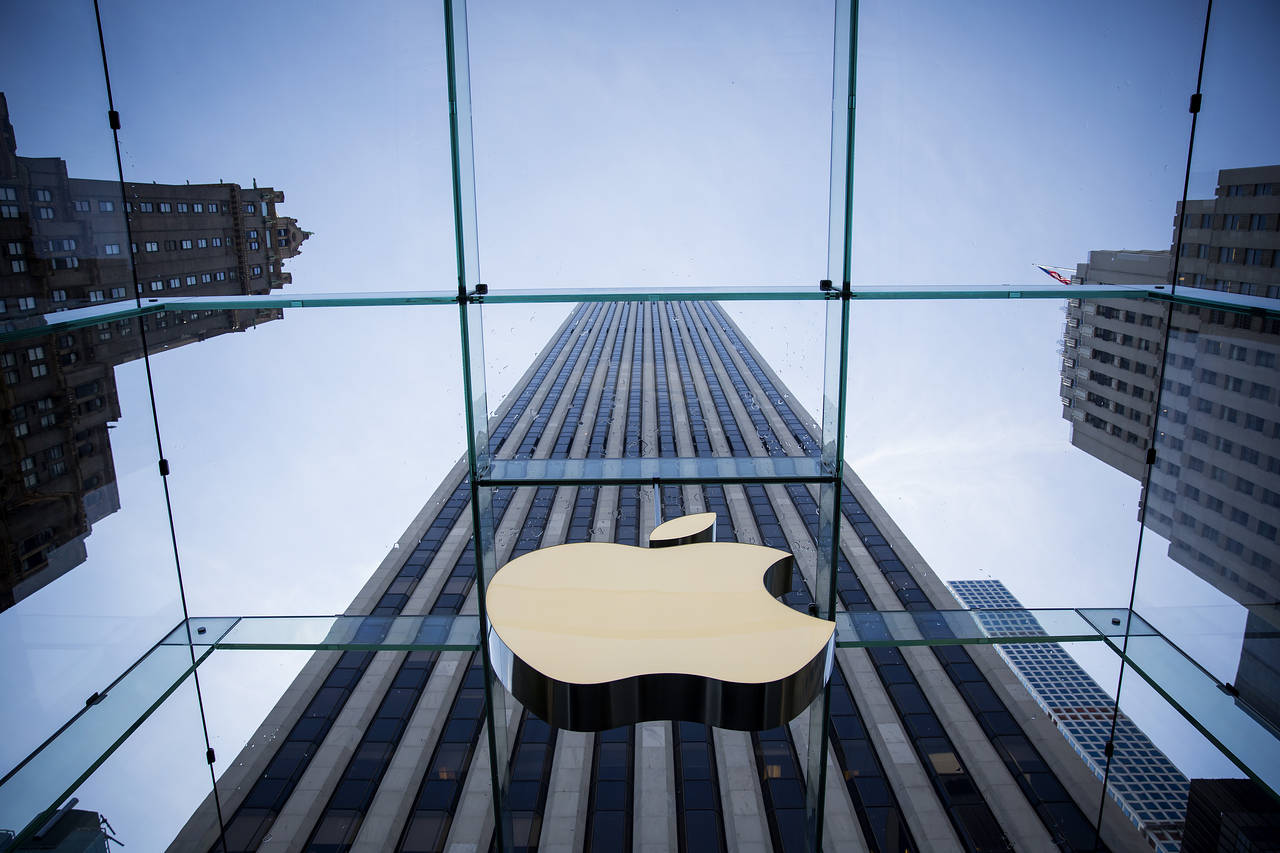Apple Reportedly Readying Faster iPads
As the work-from-home trend continues around the world.
Working from home has been an enduring trend from the Covid-19 pandemic and technology giant Apple may be ready to capitalise on that further.
According to a Bloomberg report on Wednesday, the company is aiming to spruce up its current iPad Pro models, with better cameras and faster processors. Those models—11-inch and 12.9-inch—could be making their debut as soon as April, the report said.
A spokesperson from Apple could not immediately be reached for comment.
Newer features may include a Mini-LED screen and faster processors, comparable to the M1 chip powering the newest MacBook Air, MacBook Pro and Mac mini. The company launched that new line of Macs last November, marking the first time the Apple-designed M1 chips were used.
Critics raved about those new MacBooks, saying they outperformed pricier Macs powered by Intel chips.
The work/school-from-home trends emerging from the Covid-19 pandemic have proven lucrative for the company. Apple posted a stunning quarter in late January, with double-digit growth in all of its product categories, including strong iPad sales.
Shares of Apple have struggled alongside tech stocks this year, down around 6% as investors have favoured more value-focused plays, directly tied to an economic recovery. Apple shares gained 80% both last year and in 2019. The stock got a boost earlier this week when Evercore ISI analyst Amit Daryanani told clients that the shares look cheap and lifted his price target to US$175 from US$163.
Reprinted by permission of Barron’s. Copyright 2021 Dow Jones & Company. Inc. All Rights Reserved Worldwide. Original date of publication: March 18, 2021.
 Copyright 2020, Dow Jones & Company, Inc. All Rights Reserved Worldwide. LEARN MORE
Copyright 2020, Dow Jones & Company, Inc. All Rights Reserved Worldwide. LEARN MORE
This stylish family home combines a classic palette and finishes with a flexible floorplan
Just 55 minutes from Sydney, make this your creative getaway located in the majestic Hawkesbury region.
More than one fifth of Australians are cutting back on the number of people they socialise with
Australian social circles are shrinking as more people look for ways to keep a lid on spending, a new survey has found.
New research from Finder found more than one fifth of respondents had dropped a friend or reduced their social circle because they were unable to afford the same levels of social activity. The survey questioned 1,041 people about how increasing concerns about affordability were affecting their social lives. The results showed 6 percent had cut ties with a friend, 16 percent were going out with fewer people and 26 percent were going to fewer events.
Expensive events such as hens’ parties and weddings were among the activities people were looking to avoid, indicating younger people were those most feeling the brunt of cost of living pressures. According to Canstar, the average cost of a wedding in NSW was between $37,108 to $41,245 and marginally lower in Victoria at $36, 358 to $37,430.
But not all age groups are curbing their social circle. While the survey found that 10 percent of Gen Z respondents had cut off a friend, only 2 percent of Baby Boomers had done similar.
Money expert at Finder, Rebecca Pike, said many had no choice but to prioritise necessities like bills over discretionary activities.
“Unfortunately, for some, social activities have become a luxury they can no longer afford,” she said.
This stylish family home combines a classic palette and finishes with a flexible floorplan
Just 55 minutes from Sydney, make this your creative getaway located in the majestic Hawkesbury region.






















